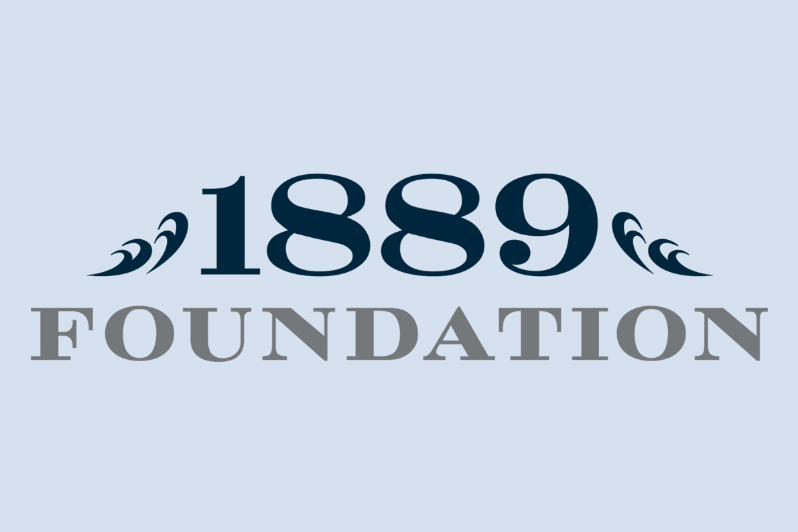On Sept. 14, 2016, the formation of the Cambria County Drug Coalition was announced as an effort to combat illegal drug use and alcohol abuse in our area. The coalition will work to reduce and ultimately eliminate overdose deaths, reduce illegal drug use, expand prevention efforts, address treatment options for those whose are addicted, and reduce crime.
“There are already several entities working on the problem of drug abuse in our region,” said Kelly Callihan, district attorney for Cambria County. “The coalition will allow us to coordinate and expand their efforts as we work to address this growing problem through prevention, law enforcement and treatment.”
The coalition was created after the 1889 Foundation and the United Way coordinated several meetings to lay the groundwork for a collaborative working relationship among several organizations within the county. Stakeholders involved in the meetings included Kelly Callihan, district attorney; John Moryken, vice president for business development and government affairs for Conemaugh Health System ; Tom Chernisky, president commissioner; Craig Foust, Johnstown police chief; Susan Mann, president of the 1889 Foundation; and Bill McKinney, president of the United Way of the Laurel Highlands. Input was sought from Pamela Tokar-Ickes, former president commissioner of Somerset County, and Travis Hutzell, former human service coordinator for Somerset County, to gain insight into Somerset County’s experience with Drug Free Communities, a similar coalition.
“The CCDC will bring together law enforcement, treatment, and prevention,” said Tom Chernisky, president commissioner of Cambria County. “Law enforcement works to take down dealers who bring this plague into our neighborhoods. Treatment provides support for those addicted who want to be clean and build a future for themselves and their children. Finally, prevention programs will give young people the skills to avoid addiction and develop pro-social behaviors through engaging programming.”
The 1889 Foundation, United Way of the Laurel Highlands, and Lee Initiatives have each pledged $20,000 a year for the next two years for the coalition, and the Community Foundation for the Alleghenies has committed $20,000. Additional funding is being sought from outside the community to expand the coalition’s reach and programming. The coalition will be under the fiscal management of the United Way, and will be housed in downtown Johnstown.
“Although they all have different missions, the four organizations funding this initiative are deeply invested in improving the health and well-being of people living in our community,” said Bill McKinney, president of the United Way of the Laurel Highlands. “We are excited to be able to collaborate on this new initiative with an eye toward long-term, positive results.”
Ronna Yablonski, who will serve as the new coalition’s executive director, will begin her new position on Sept. 19. Yablonski, who most recently served as director for the Somerset County Drug-Free Communities Coalition, has more than 13 years of experience in alcohol, tobacco, and other drug prevention coordination and community collaboration. She has served as prevention education coordinator for Twin Lakes Center, a drug and alcohol treatment center in Somerset. In addition, she holds a certification in criminal justice from the Alleghany College of Maryland and is certified as a trainer and facilitator in Botvin LifeSkills Programming, and the Drug Enforcement Agency (DEA) Strategy 360 training.
The Cambria County Prevention Coalition, an existing organization that was established in 2014, will become part of the new coalition and continue in its mission to evaluate drug and alcohol abuse in our region and develop programming to prevent it.
The new coalition will follow the structure of Drug Free Communities (DFC), a federal program that provides the framework, support and possible funding for communities seeking to combat drug abuse. Community involvement and mobilization will be a key part of the coalition’s strategic plan. The expansive Coalition will include at least 12 sectors of the community, including health care, business, law enforcement, schools, local government, religious organizations, parents and youth, treatment providers, and civic organizations.
Several goals have been established for the multi-sector coalition. They are:
- To establish and strengthen collaboration among Cambria County’s private nonprofit agencies, Federal, State, and local governments, law enforcement, treatment providers, and local organizations to support the efforts of our community Coalition to treat, reduce, and prevent substance use and abuse;
- To support and work with law enforcement and others in the community for the eradication of illegal drugs in our community;
- To support and work with treatment providers in addressing the healing process of those afflicted with substance use and abuse, and work to mitigate the harms of substance abuse;
- To reduce substance abuse among our youth and adults, by addressing the factors in our community that increase the risk of substance abuse and promoting the factors that minimize the risk of substance abuse;
- To engage in a strategic plan which will allow the organization to identify focus areas and action steps;
- To measure, track, and report appropriate data.

